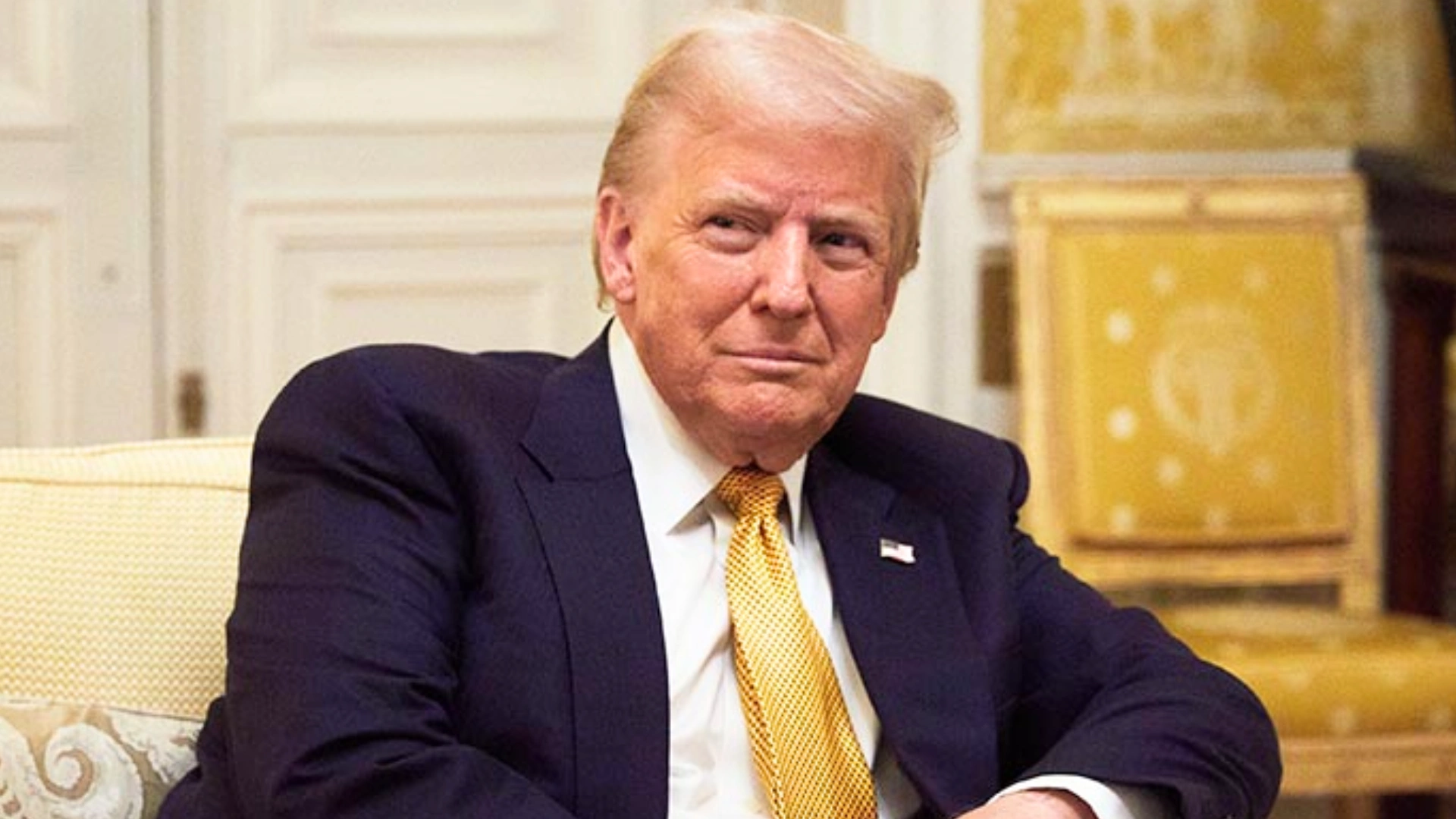Despite China seemingly reaching an understanding with India on the Ladakh issue, it has now turned its attention to Arunachal Pradesh, objecting to recent developments there. Beijing has expressed frustration over Indian mountaineers naming an unnamed peak in Arunachal after the 6th Dalai Lama, reaffirming its territorial claims on the region.
A team from the National Institute of Mountaineering and Adventure Sports (NIMAS) successfully scaled a previously unclimbed peak in Arunachal Pradesh and chose to name the summit in honor of the 6th Dalai Lama. This comes after military officials from both nations indicated progress in reducing tensions and settling troop disengagement along the Line of Actual Control (LAC) in Ladakh. While talks of a partial agreement between India and China in Ladakh surfaced, China has renewed its claims on Arunachal Pradesh.
On Thursday, Chinese Foreign Ministry spokesperson Lin Jian expressed displeasure over Indian mountaineers naming an unnamed peak in Arunachal Pradesh after the 6th Dalai Lama. During a press conference in Beijing, Lin stated, “India’s action is illegal and void, as Arunachal Pradesh lies within Chinese territory.” This stance is consistent with China’s long-held position that Zangnan, also known as Arunachal Pradesh, is Chinese territory.
Arunachal always an integral part of India
NewsX held an exclusive conversation with Major General (R) Sanjay Meston, Ambassador Suresh K. Goel, Prof. Madhav Nalapat, and Dr. Monica Verma to discuss the issue between India and China over the naming of a peak in Arunachal Pradesh. The panel, moderated by Megha Sharma, delved into the historical, political, and cultural implications of the dispute, offering diverse perspectives on China’s territorial claims and India’s position on the matter. Each panelist provided unique insights into how this issue ties into broader regional dynamics and international relations.
Major General (R) Sanjay Meston, speaking on the issue, dismissed China’s claims, affirming that “Arunachal has always been and will be an integral part of India. There is no denying that fact. The Chinese can keep taking any kind of claim, and they can keep saying anything. I think we are very clear: it is our territory, our people are deployed there, our politicians and everyone visits there. Recently, our Prime Minister visited, so it is our territory, and we should continue on that.”
Read More: China Criticizes Peak Named After Dalai Lama in Arunachal Pradesh | NewsX
China playing the name game
He further emphasized, “We just should not react; let them keep speaking. But sometimes I feel the Chinese keep calling this short number of times, and I think this is a very trivial issue: an unnamed peak where mountaineers from the Ministry of Defense have just scaled it at a height of about 20,000 feet plus. We have just decided to name an unnamed peak in honor of the Dalai Lama, and I think there is nothing wrong.”
Ambassador Suresh K. Goel, former diplomat, also weighed in, questioning China’s fixation with naming.
“Why is the name of a place so important to China? If you look at the entire issue of the boundary between India and China, there are those white papers still in the records of the Ministry of External Affairs. The whole discussion and negotiations were based on traditions and history, like where the sheep grazed, informal structures for revenue collection, and more,” he said.
Goel suggested that renaming disputes often tie back to traditional claims, adding, “Most of the cases in Arunachal Pradesh, where renaming has occurred, involve names derived from history that we have always disputed. These renamings are connected to traditional practices, and since 1962, China has consistently claimed Arunachal Pradesh as part of its territory. They will never give up that claim unless the boundary issue is resolved.”
Prof Madhav Nalapat took a more cautious stance, pointing out that “even on English language maps they use the Chinese name.”
Renaming dispute with China not be taken lightly
He warned that this renaming dispute should not be taken lightly. “It’s a serious issue and it needs to be taken seriously—there’s no question about that,” he remarked. Nalapat also highlighted concerns over the sinicization of Tibet.
“The entire culture of Tibet has now been affected by the sinicization. Tibetan school children are being taught in Mandarin; they’re not being taught Tibetan anymore. This is a forced kind of sinicization that’s taking place, and that’s very concerning.”
Dr. Monica Verma, a researcher, connected the Arunachal dispute with past policies on Tibet. “We had inherited privilege rights in Tibet. In fact, there was a time in history when Tibet was well connected to the Indian territory,” she noted.
Verma expressed concerns over past concessions made by Indian leaders, stating, “When Indian leaders repeatedly make such statements and concessions, a country like China will feel emboldened to claim more and more territories. What happened in Tibet is an extension of what is happening in Arunachal today.”
As China continues to raise objections, experts suggest India must stay firm. Major General Meston suggested, “Perhaps we can also do some kind of cartographic aggression. We are not doing aggression, but we are showing actually that the Tibet Autonomous Region was an independent country way back before it was annexed by this PRC.”
Watch full episode here:
Also Read: Pakistan’s Economic Boost: Financial Aid From China, UAE, Saudi


















